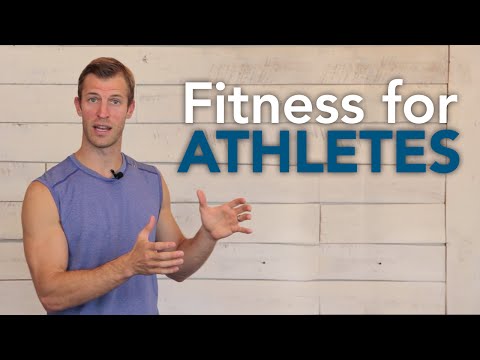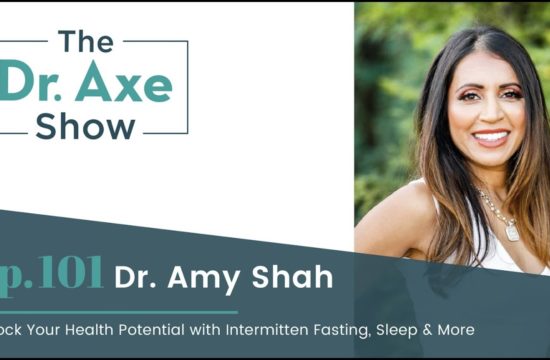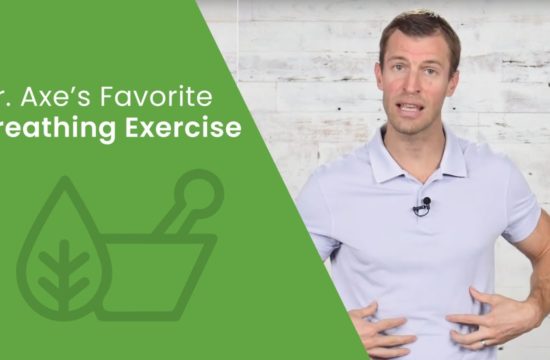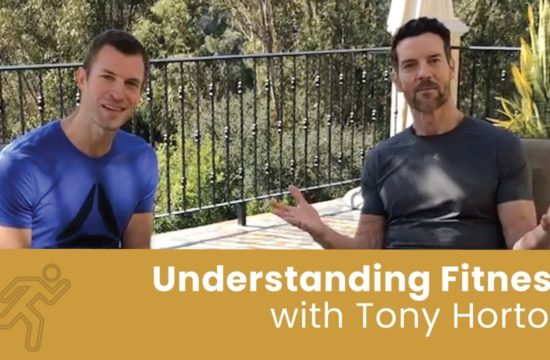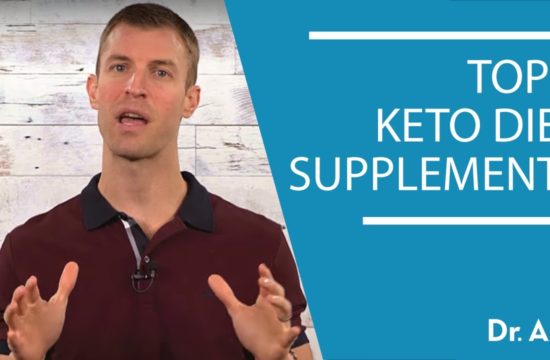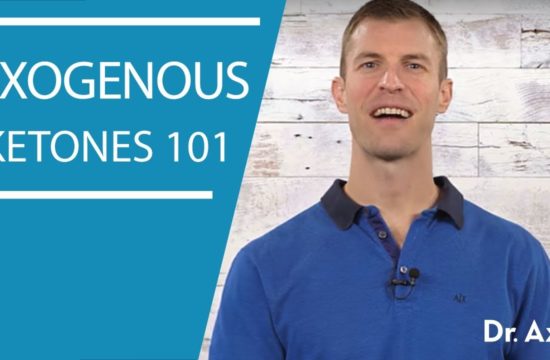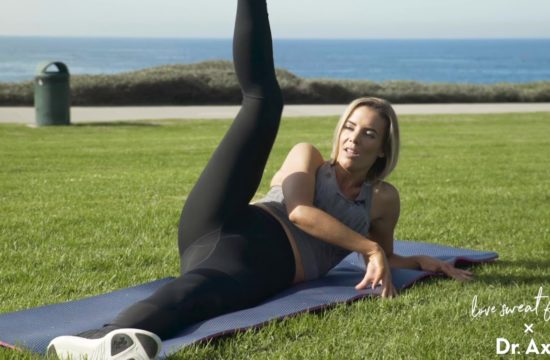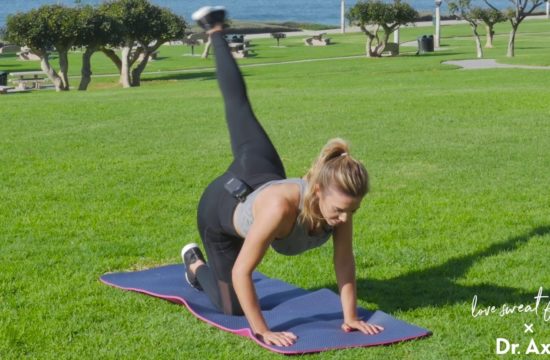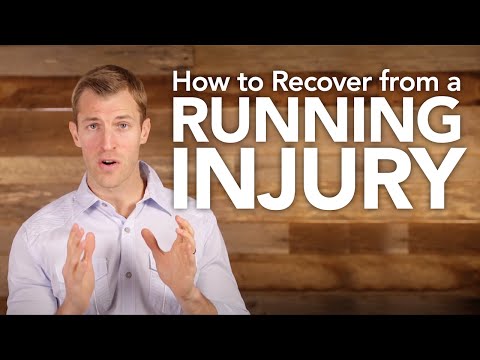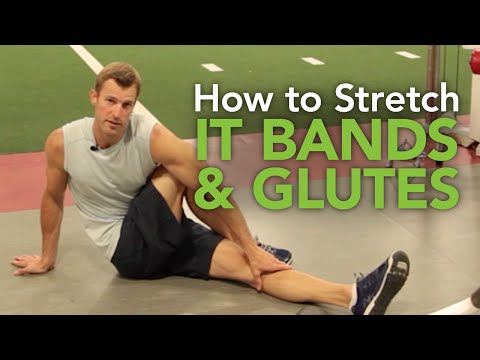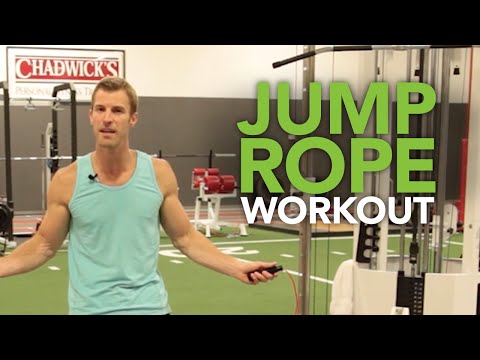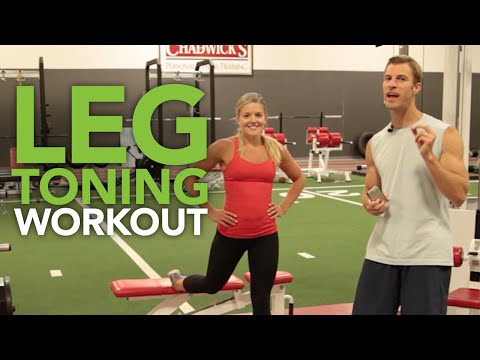Hey guys, Dr. Axe here. It’s time to increase your athletic performance through physical training and through exercise. Now obviously if you’re an athlete already, you’ve been training for years and you know a lot of what you need to do. But I want to give you some of my best tips, and whether it be on-season or the off-season, of what you can do to build lean toned muscle and get faster. We know that the term “speed kills” is absolutely true and so there are certain things you want to be doing to getting faster, and also, to just building your body in a functional manner. When it comes to athletic performance and weight-training, or any type of training, you want to do a lot of functional movements. And so this 30-day plan you’re seeing here right now below, is going through a 30-day performance training program that’s going to help you get faster, stronger, and really work on functional movements.
And so, again, when you are an athlete you really need to be working on functional movements. So you’re not going to go and do isolated bicep curls or just plain bench press most of the time. You’re going to be doing things where you’re using your entire body and working on increasing athletic performance. Because, think about this, if you’re a football player or volleyball player when are you just standing like this doing a curl? Again, most of the time you’re out there and your entire body is engaged. And so that’s what you’re going to see here is that when you’re an athlete and when you’re training, you really need to be focused on functional, full-body movements. Also an area where a lot of athletes leave out or forget are their legs. You need to be working your largest muscle groups.
And this is important for increasing Human Growth Hormone. As athletes, you want your hormones to work for you, not against you. And so, when you’re working out your quads and your hamstrings and your shoulders and back and chest and these larger muscle groups in a functional manner, the larger muscle groups you’re using, especially muscle groups like your quads, will cause your body to increase Human Growth Hormone, which actually helps speed recovery and improves overall muscle tone throughout your entire body. And so, it’s important to remember, number one, functional movements. Number two, doing these movements of your large muscle groups. And so, what this would look like instead of doing a bicep curl, doing pull-ups and doing rows and doing full-body squats rather than isolated quad movement or quad extension and so, that’s what it’s going to look like in terms of your training program.
Also, in terms of reps, you typically want to be doing in between 8 to 12 reps for athletes. Now if you’re a football player and doing more power moves, probably somewhere between 6 and 10. Or let’s say you’re a tri-athlete, it’s the off-season, and you’re looking to build your endurance, you’re going to be wanting to do typically more between 10 and 15 repetitions, at the same time working on your cardiovascular energy. Also for athletes, if you are looking to do a sport where maybe, let’s say you are a football player, you have more time in between your set of downs, you may take about typically 2 minutes in between your sets if you’re a football player. But if you are doing a lot of cardiovascular in your exercise program, let’s say you’re a soccer player, and you spend most of your time running and doing interval sprints, well as a soccer player or tri-athlete, in your interval training program, you’re actually going to be doing a lot more, you’re going to be doing shorter rest times. So typically around 1 minute rest time in between, and so those are some great things to do.
Also as an athlete, you always want to be working on your cardiovascular endurance. And so, doing some form of sprints. And so what your training plan is going to look like as an athlete is going to be a mixture of both weight training, and what we call burst training, or high-intensity interval cardio, which is going to help increase your VO2 max, it’s going to help improve your recovery time. And studies have shown over and over again, that if you’re an athlete, doing high-intensity interval training is much more beneficial than doing traditional cardio. In fact, your body will burn 3-9 times more body fat. So you’ll look leaner, you’ll be more fit, you’ll be stronger, and you’ll recover faster during workouts. And really, you’ll get a lot more out of your workouts. And so if you can follow the training plan below, I know it’s going to dramatically increase your athletic performance. Are you ready? Let’s get started..
As found on Youtube
